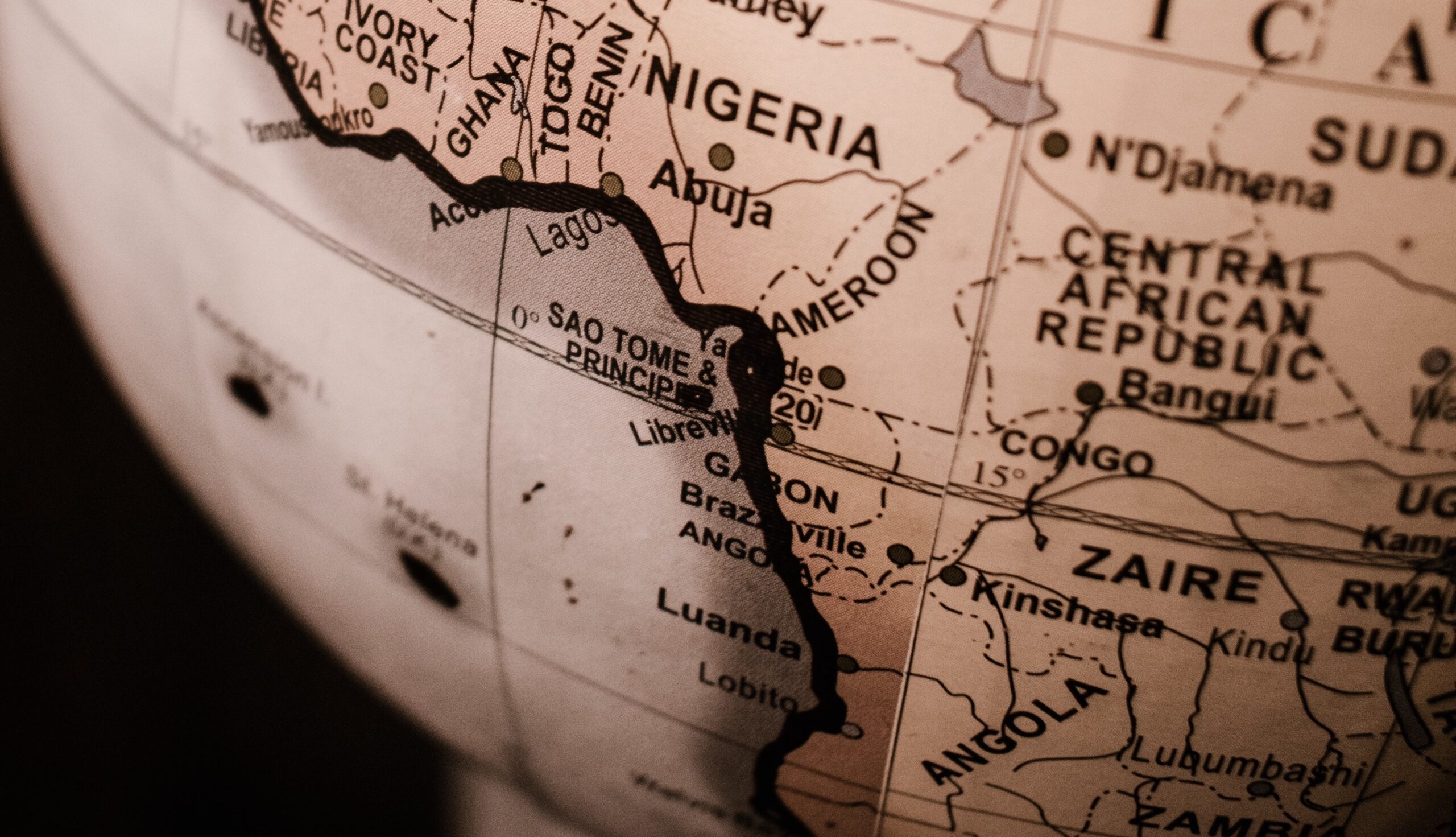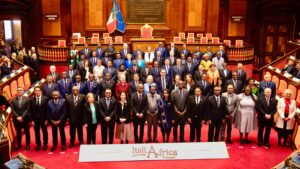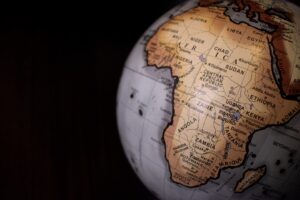Read the policy briefing “Energy in Africa: What relations between Italy and Congo?”
Prime Minister Giorgia Meloni’s visit to the Republic of Congo (RoC) in October 2023 is part of the Italian government’s strategic plan for Africa, entitled the Mattei Plan, which is currently being outlined for official announcement during the Italy-Africa Summit that will be held in Rome on 28-29 January in the presence of the leaders of several African countries. In the executive government’s intentions, the Mattei Plan is characterised by a pragmatic, egalitarian and non-predatory approach towards African partners. It is also focused on reciprocal advantages and benefits, both for Italy’s national interests as well as for Europe’s.
In this framework, relations between Rome and Brazzaville are mainly of an economic-commercial nature, especially with regards to the oil & gas sector, which has been recently strengthened by agreements made in 2022 by President Sassou Nguesso and Eni to start importing liquefied natural gas (LNG) into Italy. Eni, the largest producer of natural gas in the country, made the announcement in early January 2024 that it would introduce gas at the Tango FLNG and produce its first LNG cargo by the first quarter of 2024, thus poised to be RoC a producer of LNG.
In addition to being Africa’s third-largest oil producer, the RoC boasts 280 billion cubic metres of natural gas reserves and is increasingly moving towards natural gas given the decrease in crude oil production due to a natural decline of its fields. Gas production has indeed increased by nearly 11 billion cubic metres per year in the last three years.
However, an economic system centred on fossil fuels is proving increasingly problematic for the country. Dependence on the oil sector has resulted in high volatility of GDP growth, affecting private investment and long-term economic prospects. At the same time, poverty rates have increased since the early 1970s, when the country began exploiting its oil resources.
The continued reliance on oil revenues and the abandonment of non-oil sectors has also resulted in rampant corruption and chronic economic stagnation. If the country does not make efforts to reform and diversify its economy to attract more climate investment, economic losses could reach up to 17% of GDP by 2050 as a result.
From a public health perspective, the consequences of climate change can be particularly alarming for the country. Since the start of the century, approximately six hundred thousand people have been victim to natural disasters mainly associated to floods and epidemics.
In this context, the RoC should embrace political and institutional reforms that would allow access to new climate finance and lead to the diversification of its economic system by leveraging non-oil sectors such as forest management, renewable energies, eco-tourism, sustainable agriculture, as well as sustainably developing its mining sector. As it restructures its economy, the RoC may benefit from its ‘natural corridor’ and thus serve the region in terms of trade, logistics and services. RoC’s partnership with Italy, particularly in the context of the Mattei Plan, should be pointed to such direction.
A partnership based on the exploitation of fossil fuel resources is not the best investment for the country’s economy, as it fuels a vicious cycle of debt, poverty, inequality and corruption, besides restricting the capacity of non-oil sectors to drive the economy towards real diversification. For Italy, a partnership of such nature is not only unprofitable in the face of declining Italian and European gas demand under all scenarios, but it would also collide with market new interests (this is particularly true in the 1.5-degree decarbonisation scenario). Insisting on gas in the Italy-Congo relationship increasingly ties Italy’s foreign policy to gas policy, and away from its climate commitments.
A new partnership with Congo should instead focus on a concrete commitment by the Italian government on the following points:
- Commit to stop promoting new gas exploration and gas-related development projects with political support and public finance to avoid tying Italy down to redundant and unnecessary contractual commitments.
- Redirect public finance incentives such as SACE guarantees and the Italian Climate Fund (FIC) to supporting projects that are not associated to the oil & gas industry, such as projects in renewable energy, forest conservation, sustainable agriculture – sectors that have a currently unexplored potential and which, given the territory’s composition and needs, could help drive non-oil sectors towards economic diversification, as well as strengthening RoC’s climate change adaptation and mitigation strategies.
- Stimulate forms of economic and industrial diplomacy to identify zero-emission projects that are open to the participation of new and different private actors which can help unlock private finance.
- Support the adoption of climate adaptation policies to systematically address the damage and losses caused by climate change as well as future costs. In doing so, Italy should act on the climate-food systems nexus and consider synergies with the Adaptation Fund, inspired by the initiatives built with Ethiopia, to advance climate adaptation in RoC.
- Play a central role in the European commitment in RoC, as established in the Multi-annual Indicative Programme 2021-2027 for EU-Congo cooperation.
- Actively assist the Congolese government in identifying approaches to reforming its taxation system, together with Europe, UN institutions, and Multilateral Development Banks.
Photo by James Wiseman








